I’ve been tracking my sleep for quite some time now using the Apple Watch. I used to use the now-defunct Zeo Sleep Tracker, a device worn on the head using EEG signals to track your sleep. I’ve also ordered the Oura Ring, one of the more accurate consumer devices to track sleep.
Using the Apple Watch’s Sleep Watch app, I can only estimate my “restful sleep”. The app does not claim to know when you are in REM or deep sleep, very important sleep cycles. Hopefully, the Oura Ring can provide more insights into those cycles of sleep.
Although the iOS app doesn’t detect REM or deep sleep, I rely on it to detect my heart rate during sleep. A dip in heart rate during sleep is healthy and indicates more restful sleep. Studies correlate a lack of a heart rate dip with all-cause mortality, with findings state that “those with very small or no dips in sleeping heart rate were about 2½ times as likely to die in the next 7 years as those with normal or large dips during sleep”.1
Alcohol is My Primary Disrupter of Sleep
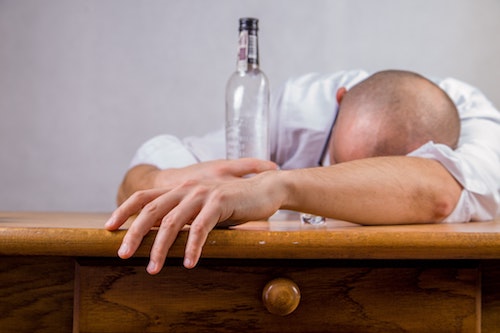
Correlating my meals and eating habits to my sleep quality is difficult. I rarely notice a difference when I eat a cheat meal versus a healthy meal. One thing I do notice is that alcohol has a very significant impact on my sleep. A heavy drinking session can turn the next day from a great productive day to a lethargic day as a zombie.
Heart Rate While sleeping Directly Connected to How Buzzed I Am
While going to sleep sober, my heart rate is almost always below 60 bpm with an average of 55 bpm. When I have a light buzz, my heart rate is between 60-70 bpm. When I pass out after a long night of heavy drinking, my sleeping heart rate is above 70 bpm at times reaching 80 bpm. Much higher than my resting heart rate. This is very consistent. I can predictably get my heart rate to those ranges every time by altering my drinking habits. I undoubtedly feel the most refreshed the next day when my heart rate is below 60 bpm. As a reference, my resting heart rate in 2018 was usually between 52-62 bpm.
Drinking Prevents Restful Sleep
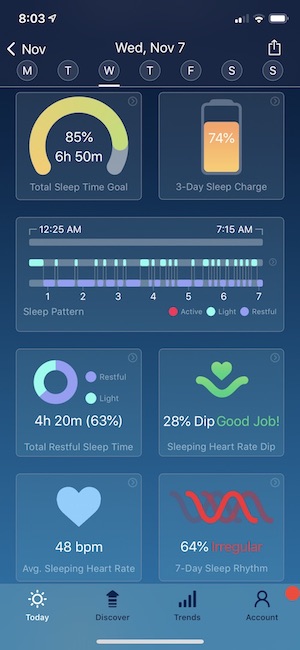
While the lack of the dip in heart rate is one indicator of alcohol’s negative effects on sleep, there are many other adverse side effects of bad sleep. Alcohol reduces rapid eye movement (REM) sleep, a very restorative stage in your sleep cycle.
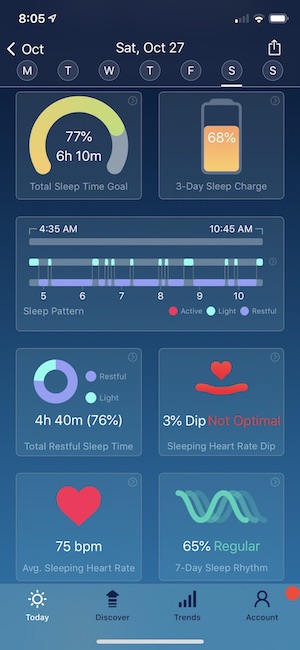
Alcohol can also exacerbate sleep apnea, snoring and other issues related to proper breathing while sleeping2. Lousy sleep also has negative effects on your natural circadian rhythm. Alcohol is also a diuretic which can also cause you to frequently wake up and go to the restroom, disturbing your sleep even more.
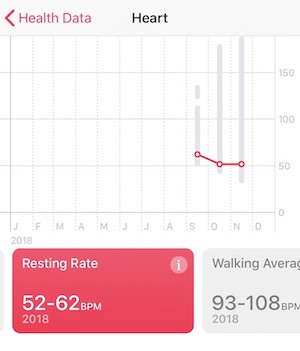
But Doesn’t Alcohol Help Me Fall Asleep?
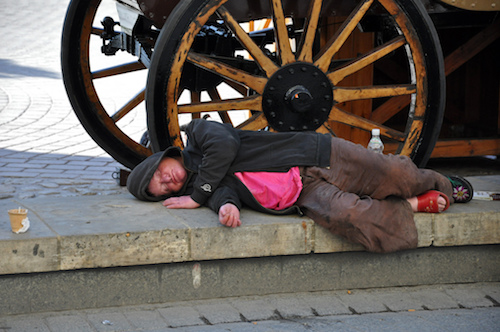
Alcohol can increase your sleep latency, the time it takes to fall asleep. This may sound like a good thing but alcohol then goes on to disrupt your sleep in other ways. After alcohol is metabolized, the sedative effects fade and you tend to go from deep sleep to light sleep, causing you to frequently awaken during the middle of the night.
Drinking a lot of alcohol before you sleep may cause you to pass out early and quickly, but you will rarely wake up feeling refreshed. Most likely, you won’t even remember the frequent disruptions and awakenings that occur during the night.
My Love-Hate Relationship With Alcohol
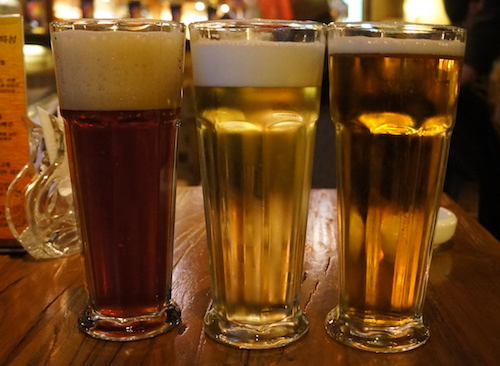
Having a few servings of beer or wine with a meal is something I enjoy. This rarely has negative effects on my sleep. My sleep is impacted only when I overindulge with 3-6+ servings of alcoholic beverages.
The benefit of drinking versus the benefit of abstaining from alcohol is a battle I constantly fight. “There are benefits of drinking alcohol? You must be crazy!”. Well if there weren’t some type of benefit, people wouldn’t be so enamored with consuming alcohol on the regular.
Drinking alcohol has been a social lubricant in society for thousands of years. That’s not going to change anytime soon. Ever since our ancestors caught their first buzz from naturally fermented sugars, they never looked back. Celebrating, socializing and enjoying alcohol with meals is something that has been part of my life for years and will continue to be.
While I enjoy the occasional drink, valuing productivity and good sleep will always conflict with heavy alcohol consumption. Alcohol has adverse effects on my recovery and physical training. My energy level the next day makes that day’s workout subpar. I typically use these “slow” days for light cardio, low-intensity exercises, or isolation muscle workout routines (i.e. shoulder shrugs, curls…)
How to Enjoy Alcohol Without the Repercussions of the Hangover
Unfortunately, I haven’t found a way to get hammered and still feel 100% the next day. You should never expect to have zero hangovers when you get wasted. I have tried most of the recommended hangover cures and pills out there and found them to be, at best, slightly better than the placebo effect.
Fortunately, there are techniques I use to lessen the hangover effects and still manage to get my buzz on.
Choices in Alcohol
- Clear versus dark – Even though I enjoy whiskey much more than vodka, if I’m just looking for a buzz, vodka sodas are the best option.
- Less sugary drinks – That means no sweetened mixed drinks. Whiskey soda or vodka sodas are great options.
- Dry Farm Wines – Instead of the random bottle of wine at Ralphs, look into this wine club where their wines are low in sugar, carbs, lab tested for additives, organic and natural. I’ve been testing these wines out and so far I haven’t been disappointed.
Timing

- Drink slower – Take smaller sips of your drink. I have a habit of downing the drinks I hold. Maybe this is a habit ingrained in me from college days or trying to get as many drinks in before happy hour ends. When I consciously make an effort not to do this and to patiently wait for my buzz to hit, my future self says “thanks”.
- Drink earlier – Instead of that nightcap at 11 pm, treat happy hour (5-7pm) as the deadline for the end of your drinking session. It can be difficult, but the goal is to go to bed dead sober.
Not Drinking
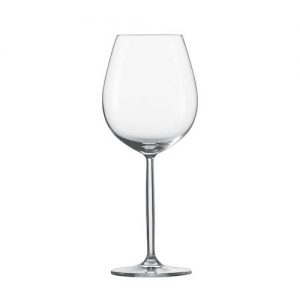
Nobody hates the advice of “just don’t drink” when being told how to limit hangovers more than myself. I enjoy drinking with friends and while I’m out and about socializing. Alcohol often connects people in awkward environments. That being said, it is also too often used as a crutch. Think about once in a while abstaining from alcohol as a way of working out or training your brain in social situations just like you would train your muscles at the gym.
Besides, sometimes there’s nothing better than waking up early, hangover free, and 100% refreshed!
How long have you ever gone without having a sip of alcohol?
- https://www.ncbi.nlm.nih.gov/pubmed/17954807
- https://www.webmd.com/sleep-disorders/news/20130118/alcohol-sleep#1
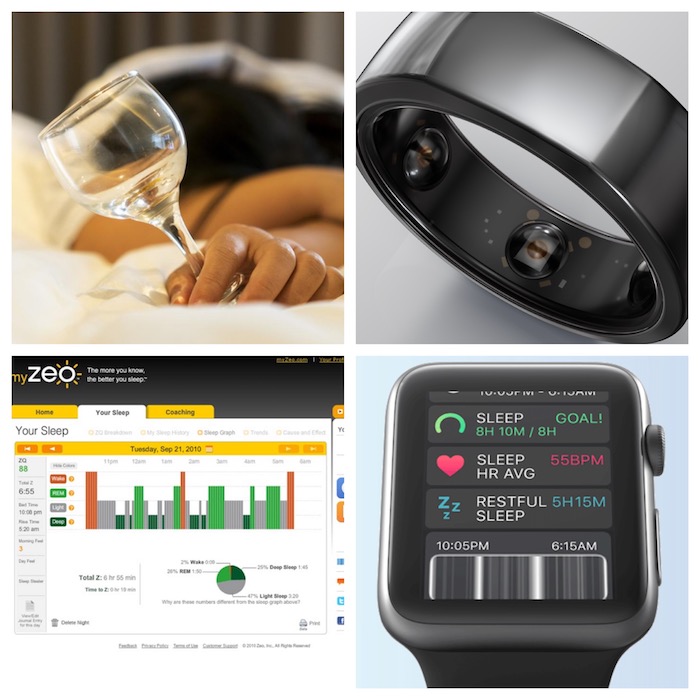
2 thoughts on “Drinking Alcohol Will Destroy your Sleep Quality”